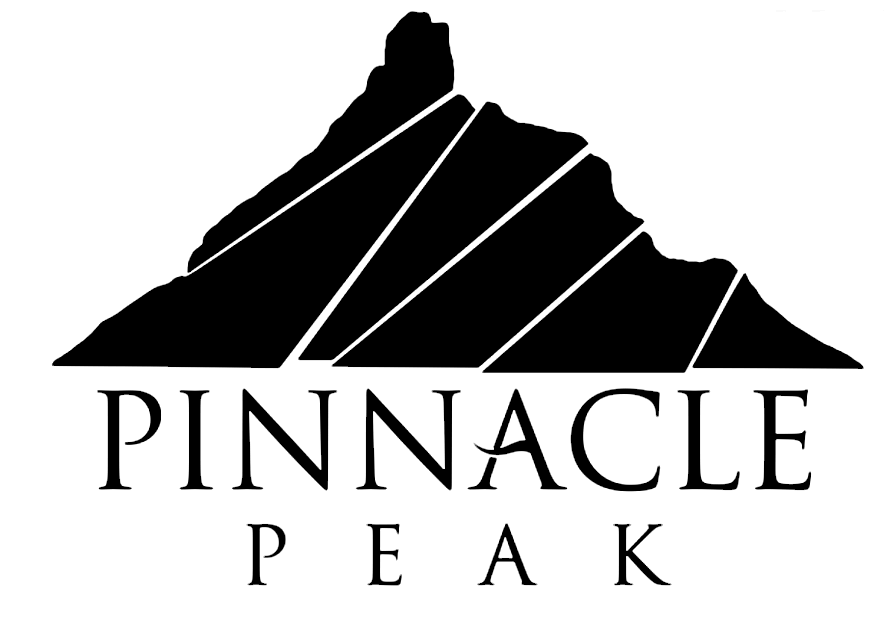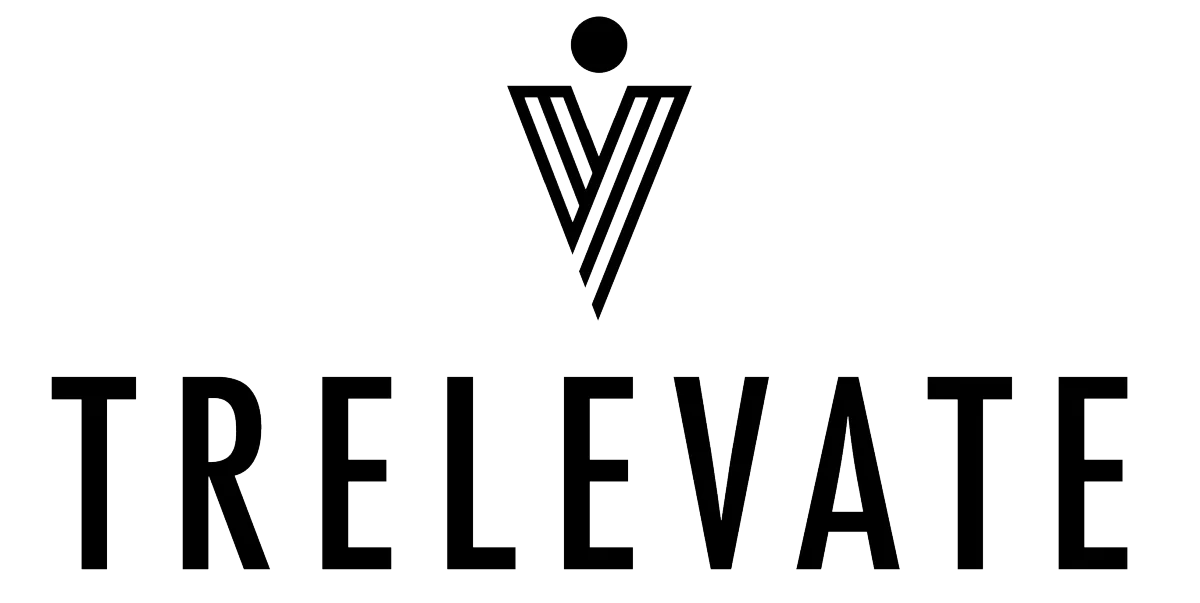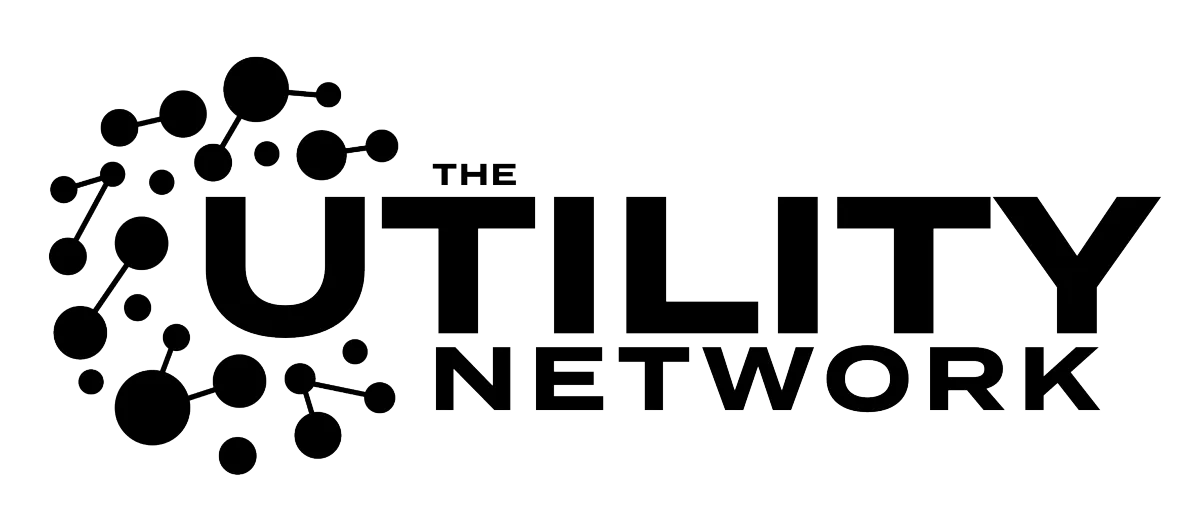Your Organization Is Growing.
So Are the Problems.
Sleepless nights. People's problems. Systems breaking down.
You’re leading a Christian business or nonprofit that’s
scaling fast—or stalling out—and it’s starting to
cost you more than expected.
Sleepless nights. People's problems. Systems breaking down. You’re leading a Christian business or nonprofit that’s scaling fast—or stalling out—and it’s starting to cost you
more than expected.
Where Growth Breaks Down
Every organization—whether you’re scaling a nonprofit
or growing a faith-based business—breaks down
in one of three places:
Every organization—whether you’re scaling a nonprofit or growing a faith-based business
—breaks down in one of three places:
People: Misalignment, communication issues, toxic culture
Proverbs 29:18 – “Where there is no vision, the people perish.”
Process: Inefficient systems, poor delegation, unclear accountability
Proverbs 16:3 – “Commit your work to the Lord, and your plans will be established.”
Performance: No forward momentum, lack of clarity, no traction
Proverbs 13:4 – “The desires of the diligent are fully satisfied.”
One Strategy.
Full Alignment.
You don’t need more disconnected consultants or fluffy leadership advice. You need a faith-based business
strategy that connects the dots across your executive leadership, team culture, and revenue systems.
You don’t need more disconnected consultants or fluffy leadership advice. You need a faith-based business strategy that connects the
dots across your executive leadership,
team culture, and revenue systems.

At XCL, we walk alongside you to:
Align your executive leadership through 1:1 coaching
Transform team culture and internal communication
Build revenue, fundraising, and marketing strategies that convert
Implement systems that scale without burnout
From Burned Out to Aligned and Thriving
What Our Clients Are Saying…
3 Ways XCL Helps You Lead with Clarity, Confidence,
and Kingdom Impact
These aren’t surface level tips. These are the deeper leadership shifts that unlock sustainable
growth, so your mission-driven organization doesn’t just run…it thrives.

#1 Clarity That Cuts Through the Noise
No more second-guessing or reactive leadership. We help you identify exactly what’s misaligned—whether it’s your people, your process, or your performance—so you can lead with vision, conviction, and peace of mind.

#2 Alignment That Multiplies Your Impact
When your team, culture, and leadership structure are in sync, everything accelerates. Miscommunication fades. Frustration disappears. And your organization finally moves together—with clarity, accountability, and purpose.

#3 Strategy That Actually Works
You’ll walk away with real frameworks…not recycled business advice. Our faith-based business strategy is customized to your organization, rooted in Kingdom values, and built to scale sustainably.
Here’s Exactly What You Get When You Work With XCL
No fluff. No fancy platitudes. Just strategic execution, real clarity, and a faith-rooted partner to walk with you.

Executive 1-on-1 Coaching
Strategic support for Christian founders, CEOs, and nonprofit leaders navigating complexity and pressure.
Get personalized executive coaching rooted in Biblical wisdom and real-world leadership experience. Whether you're scaling fast or feeling stuck, we'll help you cut through noise, make confident decisions, and lead from peace—not burnout.
You'll finally stop carrying it all alone and start leading with clarity, strength, and eternal perspective.

Team & Culture Transformation
Fix what’s quietly breaking your organization from the inside out.
We help you rebuild trust, communication, and alignment across your leadership team—so your people aren’t just working hard… they’re working together.
Eliminate silos. Resolve friction. Create a healthy, accountable culture that fuels execution and reflects your Kingdom mission.

Revenue, Fundraising & Growth Strategy
Whether you’re selling in the marketplace or raising support in ministry, you need a growth strategy that works.
We design scalable revenue systems and stewardship-driven fundraising plans that help you increase income without compromising your values.
You’ll get strategic clarity around what to build, how to position it, and what levers to pull—so growth becomes sustainable, not stressful.

Done-for-You Marketing & Branding Execution
Ideal For: Leaders who are clear on mission but unclear how to communicate it
You’re clear on your mission. Now let’s make sure your audience is too.
From brand messaging and visuals to full-funnel marketing execution, we help you communicate your story in a way that builds trust and drives action.
No more guessing. No more generic campaigns. Just a clear brand that reflects your identity—and reaches the right people with the right message.
Ready to Book Your Discovery Call?
The Challenges Aren’t Going Away. But With the Right Strategy, Everything Changes.























